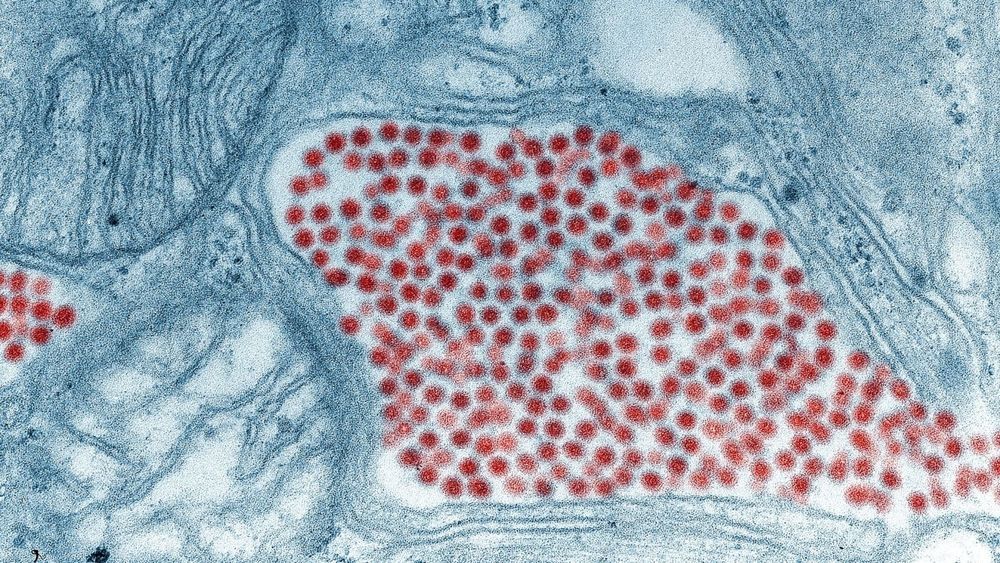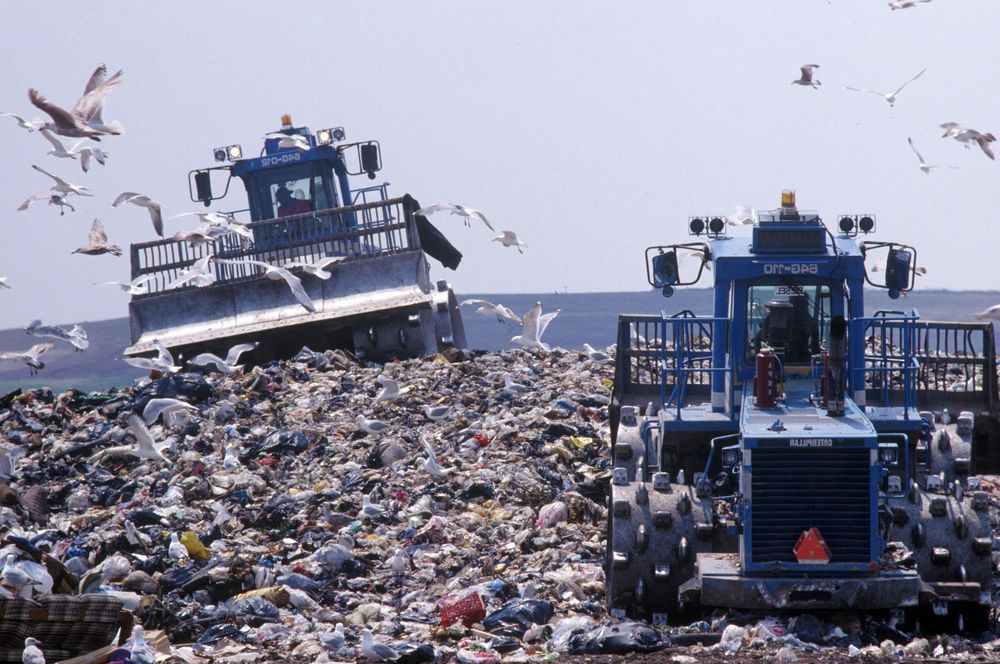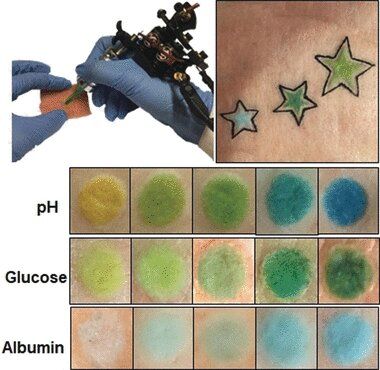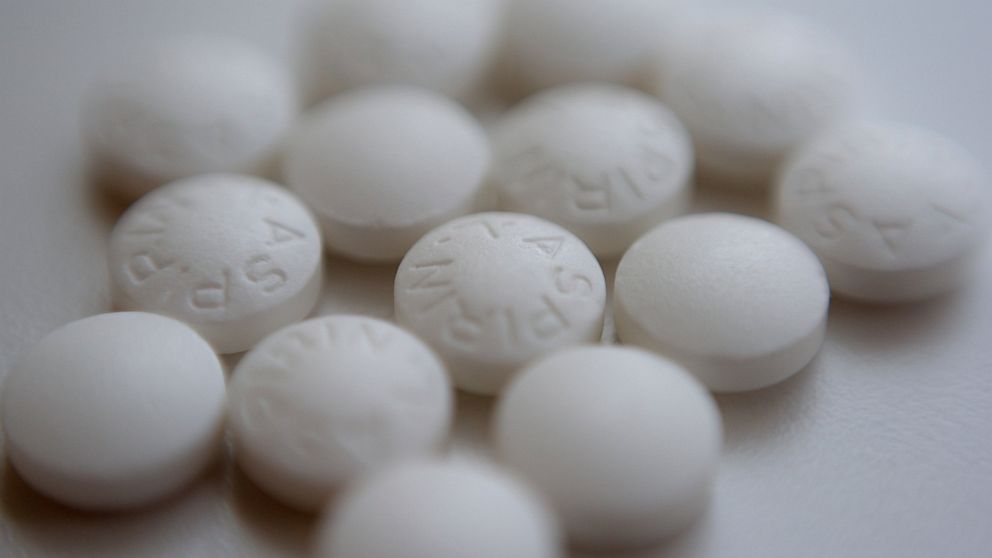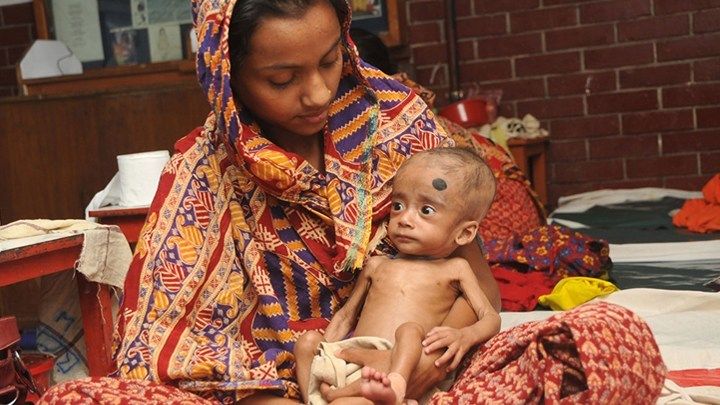Jul 30, 2019
Mosquitos Are Spreading a Rare, Brain-Infecting Virus in Florida
Posted by Genevieve Klien in categories: biotech/medical, health, neuroscience
One of the most dangerous but thankfully rare mosquitoborne diseases has been spotted again in Florida, state health officials say. According to a public advisory issued this month by the Florida Department of Health in Orange County, the Eastern equine encephalitis virus (EEEV) was found in the state. The virus is capable of causing severe brain damage that can kill up to a third of its human victims.
EEEV can be spread by several species of mosquitoes, including those that make their home along the warmer areas of the U.S. Though many people infected with EEEV either develop no or only flu-like symptoms, around 5 percent go on to experience serious brain swelling (the titular encephalitis). This swelling can then lead to headaches, drowsiness, convulsions, and coma, with death coming as quickly as two days after symptoms start. And even if you’re lucky enough to survive the experience, you’ll probably be left with lifelong neurological impairment.
